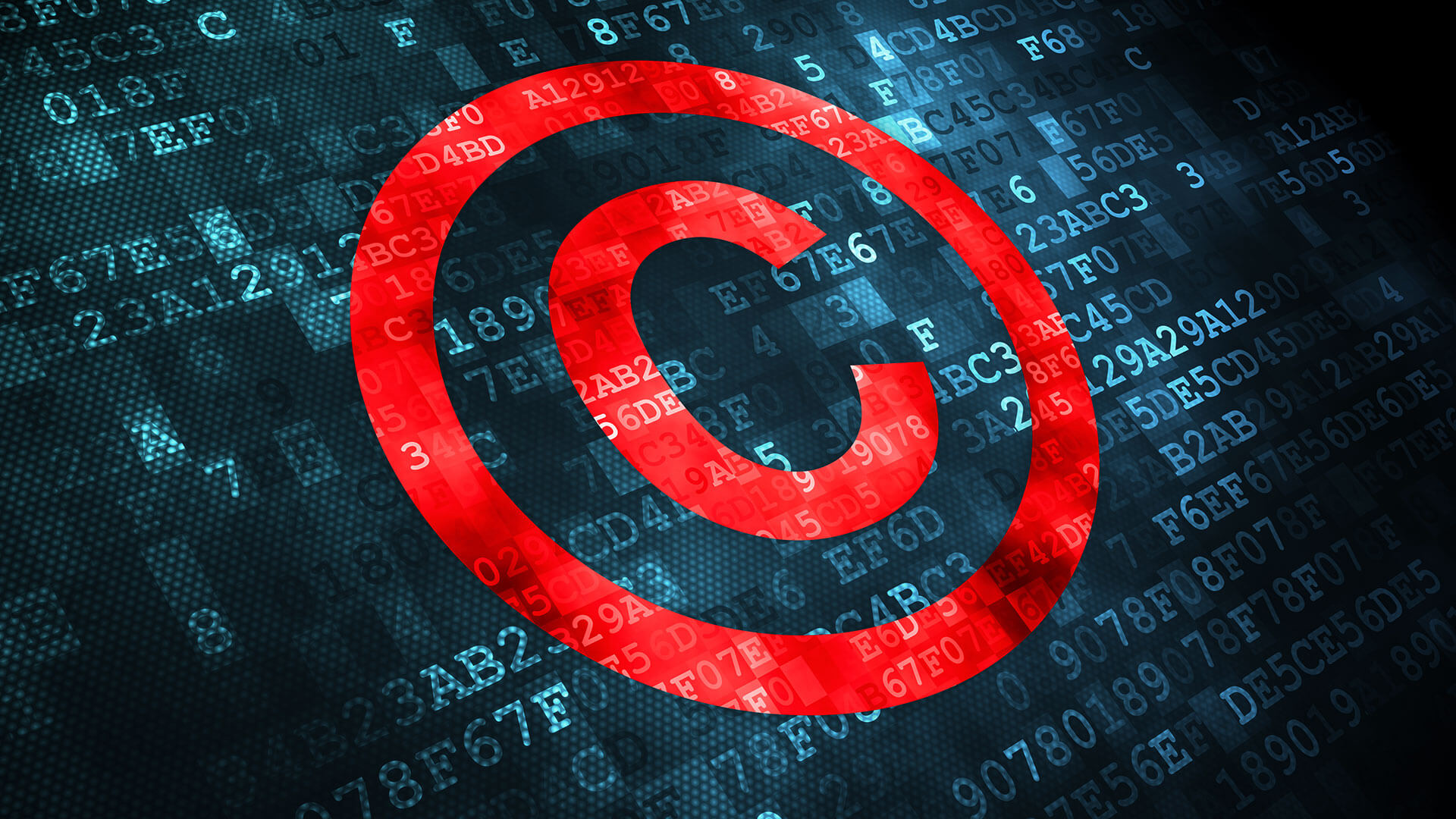The EU spent $ 400,000 on research showing that pirates do not affect sales of digital content
 Right holders, especially large music labels, game publishers, film studios often complain that the profit they did not receive as a result of the activities of pirates is enormous. Losses, they say, amount to billions of US dollars. These figures are given in the courts, where there are constant trials with companies and individuals who, in the opinion of the copyright holders, violate copyright by illegally downloading movies, games, music and books.
Right holders, especially large music labels, game publishers, film studios often complain that the profit they did not receive as a result of the activities of pirates is enormous. Losses, they say, amount to billions of US dollars. These figures are given in the courts, where there are constant trials with companies and individuals who, in the opinion of the copyright holders, violate copyright by illegally downloading movies, games, music and books.
Officials usually agree with the opinion of large companies that lobby for their interests. In 2014, the European Union even funded a study that is devoted to analyzing the impact of pirates on the level of sales of licensed content of various types. The analytical company Ecorys conducted this work.
Its headquarters is located in the Netherlands, where, by the way, "fighters in pirates" are especially active. The cost of work under this project was about $ 400 thousand. Of course, these funds were received from taxpayers. It is clear that the European Union is rich enough, but $ 400,000 for research , and not scientific, and, if I may say so, corporate, even for the European Union, is a rather large amount.
The results should have been published as early as May 2015. But no, the work did not see the light in due time, all the data remained with the company that was conducting the investigation and with the officials who initiated the project. Nevertheless, it was not possible to hide the results (if such an intention, of course, was). The study interested not only the owners. He wanted to get and those who represent the opposite side - fighters with copyright of various kinds. It's about organizing the Pirate Party MEP. The report was received not immediately, but after a rather tedious correspondence . Only recently, the document was still posted in the public domain. It consists of 304 pages, it contains a lot of interesting information.
During the work, experts interviewed more than 30,000 people from Germany, France, Poland, Spain, Sweden, and the UK. Answers to questions, analysis of answers and general analysis with conclusions took a lot of space. The key result is described very clearly: “In 2014, 51% of adult citizens of the European Union and 72% of adolescents in some way used illegal content. The highest rate of "piracy" in Poland and Spain. In general, the results do not show a direct and noticeable relationship between the level of piracy and sales of licensed content. The only exception is the most popular films. Here, for every 10 "illegal" views, there are 4 cases of the legal consumption of this type of content. "
Movies are just one type of content that is affected in some way by piracy. But in the case of music, books, games, the influence of pirates on the dynamics of consumption of licensed content is almost nonexistent. Moreover, the opposite is shown - pirated downloads of books, films, and games increase sales of legal products. And all these are bought by the same users who were previously pirates. Everything is explained quite simply. For example, if a user downloaded a game illegally, he wanted to go through it a little later with all the “buns” and additions available to buyers, not pirates. In the case of music, the user, after listening to the melody several times downloaded illegally, then wanted to buy it in order to add it to his library in iTunes. With books the situation is about the same.

Why do pirates have an impact on movies, and for other types of content it is imperceptible? The authors of the study believe that the reason for the whole product price is: “In general, the analysis showed that the cost of films and TV shows is 80% higher than most consumers of illegal content can afford. Prices of books, music and games, in general, are available to a wide range of consumers. Therefore, it is likely that lowering the price of films will reduce the level of consumption of illegal content, but the same step will have almost no effect on “book pirates” or other types of consumers. ”
In other words, users download movies and TV shows illegally just because they are not willing to spend a lot of money. On the contrary, many people pay for music, books, games, because they find their value quite acceptable.
In conclusion, it should be said that the study was conducted not at all by adherents of piracy. The work was carried out by serious experts with extensive experience who showed objective results of their work in many other projects. And there is also a suspicion that the officials decided not to demonstrate these results, because taxpayers, ordinary citizens may not understand why governments of different EU countries and the European Union as a whole implement draconian policies regarding illegal content consumption if it doesn’t affect anything .
All Articles